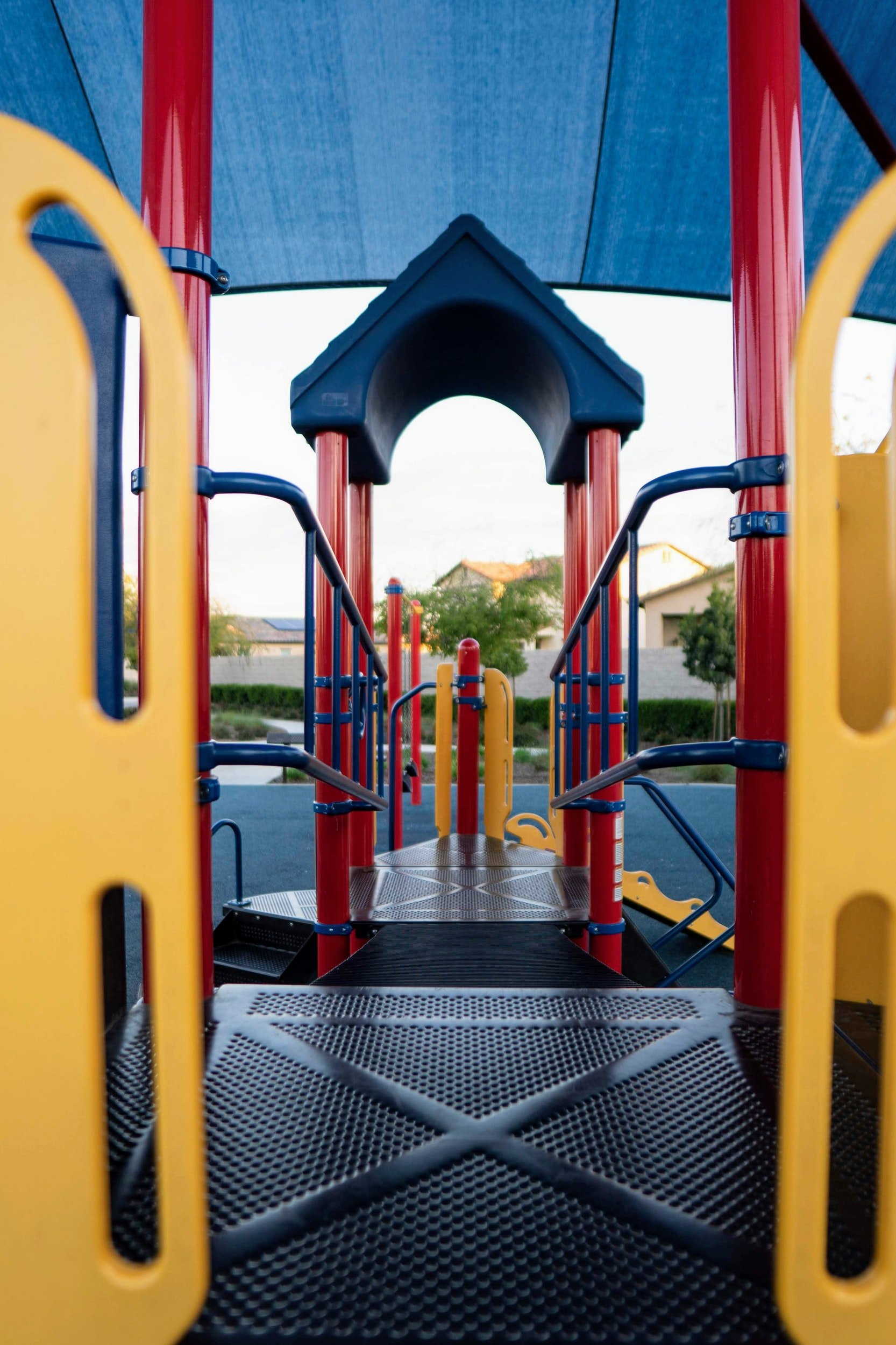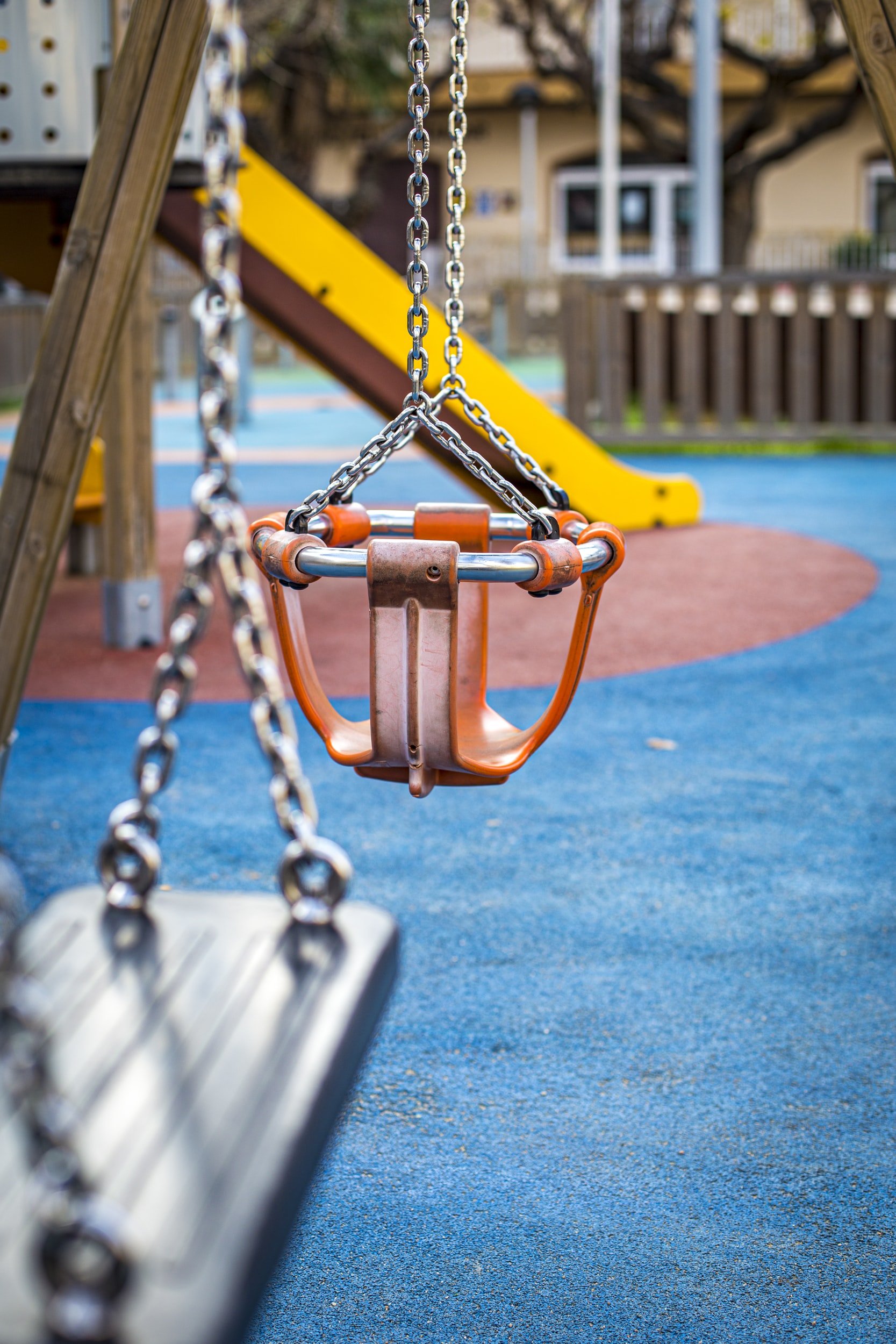Outdoor Play Spaces in Childcare Centres
Creating appropriate outdoor play spaces for young children can be a challenge when establishing a new childcare centre, or when renovating an existing one. In either case, informed decisions need to be made about your design and the materials used to implement it.
Safety expectations are high, and there are regulations to adhere to when designing and building these spaces. A good childcare specialist can advise on this area and ensure you create a compliant play space. Not all landscapers are familiar with the specific safety requirements of play spaces, nor are they familiar with the range of age groups within a childcare centre. It is unlikely that will have an understanding of the regulations, staff ratios and teaching practices under The National Regulations. You will need childcare experienced assistance in this area to ensure you have the right outcomes (and no costly retrofits).
What do outdoor play spaces need to achieve?
Well-designed play spaces should:
Allow for safe, age-appropriate play and visual supervision in all areas
Have connected indoor and outdoor spaces with access between them
Have a variety of built and natural features and structures
Include sand, mud, water, natural features, rocks, trees and edible gardens
Have the required amount of shade and protection from the elements
Meet the needs of everyone who uses it regardless of age or capability
Embrace sustainability and support the natural world
Have spaces to accommodate
Individuals/small groups working/interacting undisrupted
Children functioning autonomously
Messy and loud play
More complex physical activities
Children connecting with nature
Provide challenge and stimulation, and have appropriate resources
Be able to be arranged by children so they can explore, risk-taking, solve problems, create and construct items they are thinking about
Other elements to consider include play spaces that:
Are welcoming and vibrant
Provide a sense of belonging
Reflect the diversity and interests of those who use it
Support educators in their roles
Facilitate relationships
Support children achieving the Learning Outcomes
Have features and resources to provoke interest and more complex thinking
National Standards
This list is not exhaustive. It is wise to gain advice as you are liable if injuries occur from the design or layout of your outdoor play areas. To be deemed acceptable, the play spaces you install must meet the criteria above, the appropriate Australian Safety Standards, and the requirements of the National Quality Standard. The materials you select will also have a huge impact on your ongoing costs and maintenance. It is wise to be thoughtful about what you include.
Planning
If you are developing or updating a centre, I recommend you take time to plan thoroughly. This is a large expense, so it is important to get it right the first time. You will benefit in the end, as will your children, staff and families. I have designed play spaces and established new centres for many years and can attest that a well-designed, visually appealing and educationally sound play space attracts families to your centre; it is a huge asset to your business.
Inspection and Approval
Once your play spaces are designed and installed, they will be inspected by Department of Education authorised officers who will identify any areas that need attention or modification. This needs to be rectified before you are given permission to operate the centre. That is why it is better to work with someone who knows this area of childcare activity well; they can prevent any problems or costly delays at the inspection stage.



